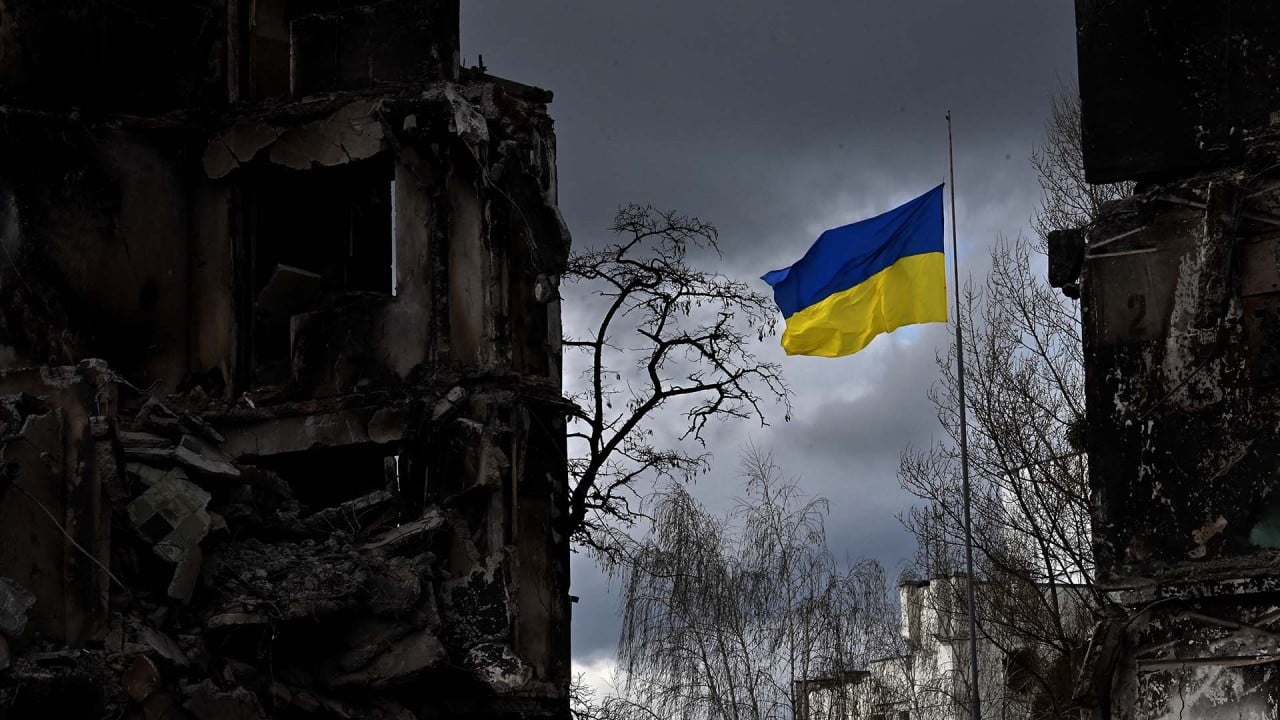Advertisement
Opinion | Ukraine war highlights G7’s role as geopolitical linchpin
- Despite criticism from some quarters that it should stick to economics, the G7 has often been at its best during turbulent geopolitical times
- The grouping’s long-standing engagement with security issues and the uncertainty in Ukraine suggest its geopolitical role will only continue to grow
Reading Time:3 minutes
Why you can trust SCMP
4

The Group of 7 might appear ill-suited to tackling the overlapping challenges facing the world, from the Ukraine war to the Covid-19 pandemic, but it has often been at its best in turbulent crises.
Advertisement
Many forget the grouping of seven major advanced economies was founded in the 1970s in the aftermath of geopolitical and economic shocks when the United States pulled out of the gold standard during the Vietnam conflict. Back then, Richard Nixon also resigned as US president and there was a clear danger of currency wars and wider turmoil.
Yet, the Western club proved fit for purpose, playing a key role in the management of the most important exchange rates. It also brought Japan into the Western policymaking community; a similar farsighted, strategic approach is needed today.
In the aftermath of Russia’s latest geopolitical gambit and after the schisms of Donald Trump’s presidency in the US, the G7 should now take an important step back and try to concentrate again on unity and the big strategic questions facing the West and the wider world.
There is no bigger short-term challenge than the impact of the Ukraine crisis, which comes in the midst of the continuing Covid-19 crisis. While the G7 was created in the instability of the 1970s to monitor developments in the world economy and assess macroeconomic policies, Ukraine has brought its role as a geopolitical linchpin to the fore.
In recent weeks, the G7 – the US, United Kingdom, Canada, France, Germany, Italy and Japan, with the European Union as a “non-enumerated” member – has helped spearhead the massive international package of sanctions against Russia. It pledged never to recognise any redrawn boundaries for Ukraine, provided billions in aid and assistance, is looking at reconstruction plans for the nation and is attempting to ameliorate a mounting food and energy security calamity that could make for an exceptionally difficult period to come.
Advertisement

Advertisement

